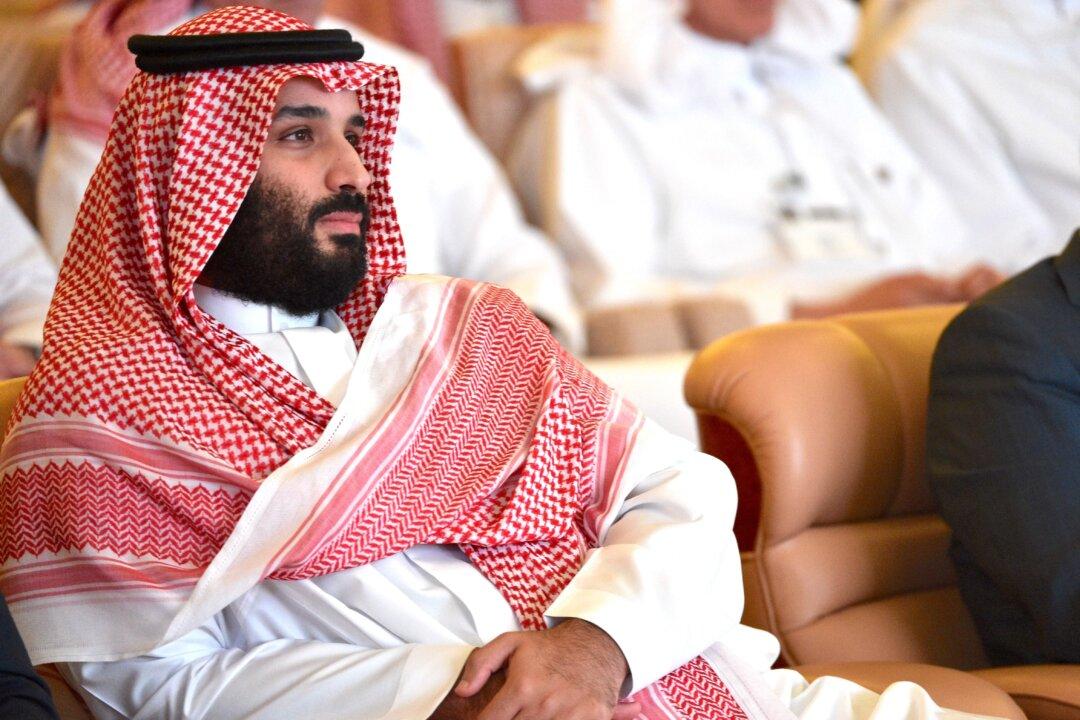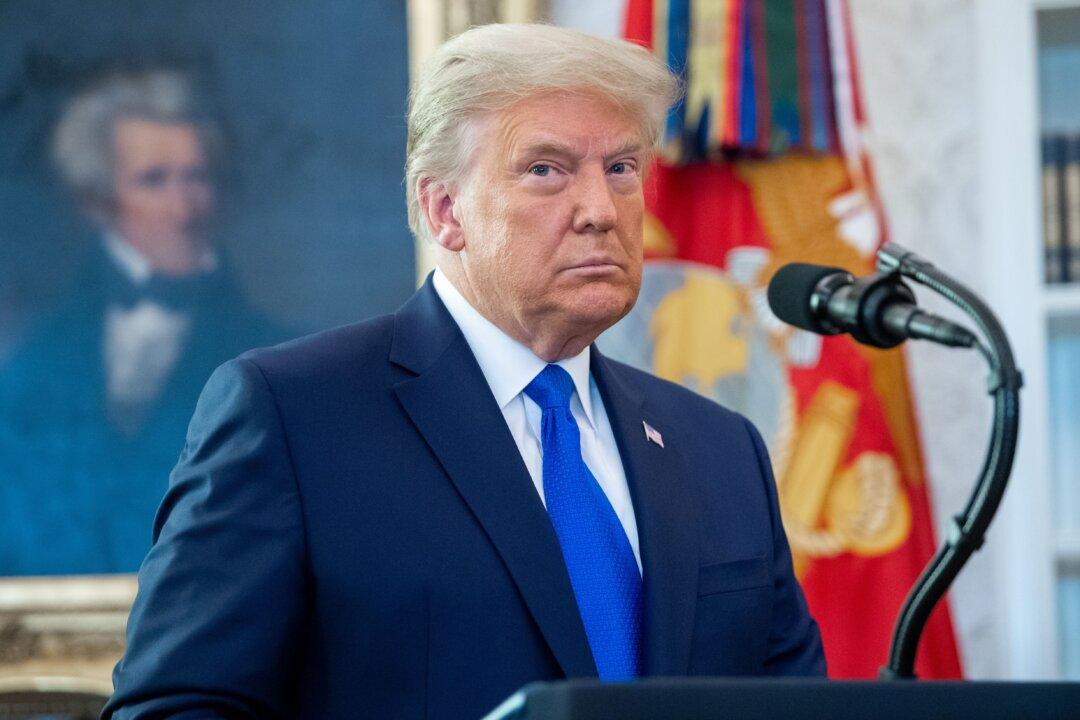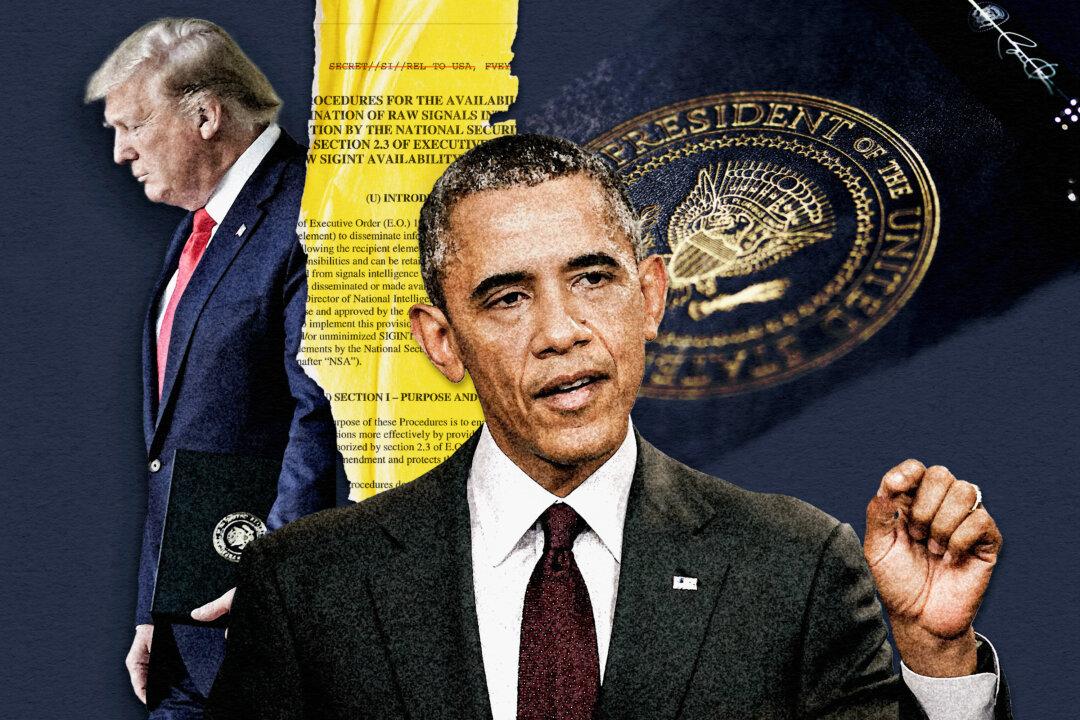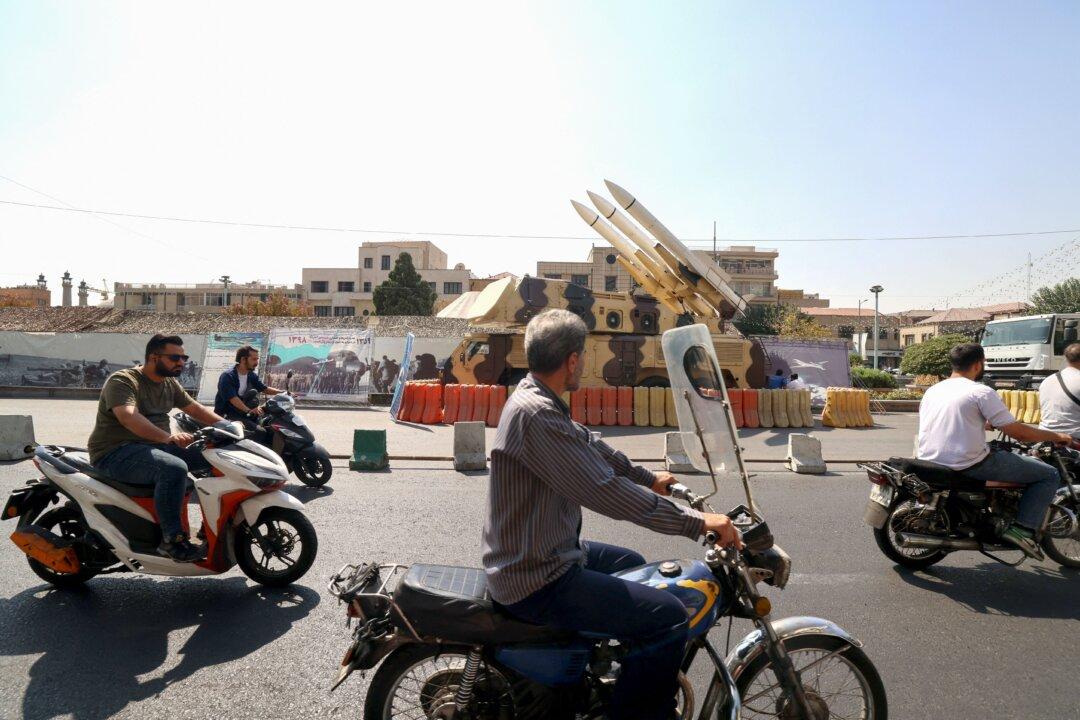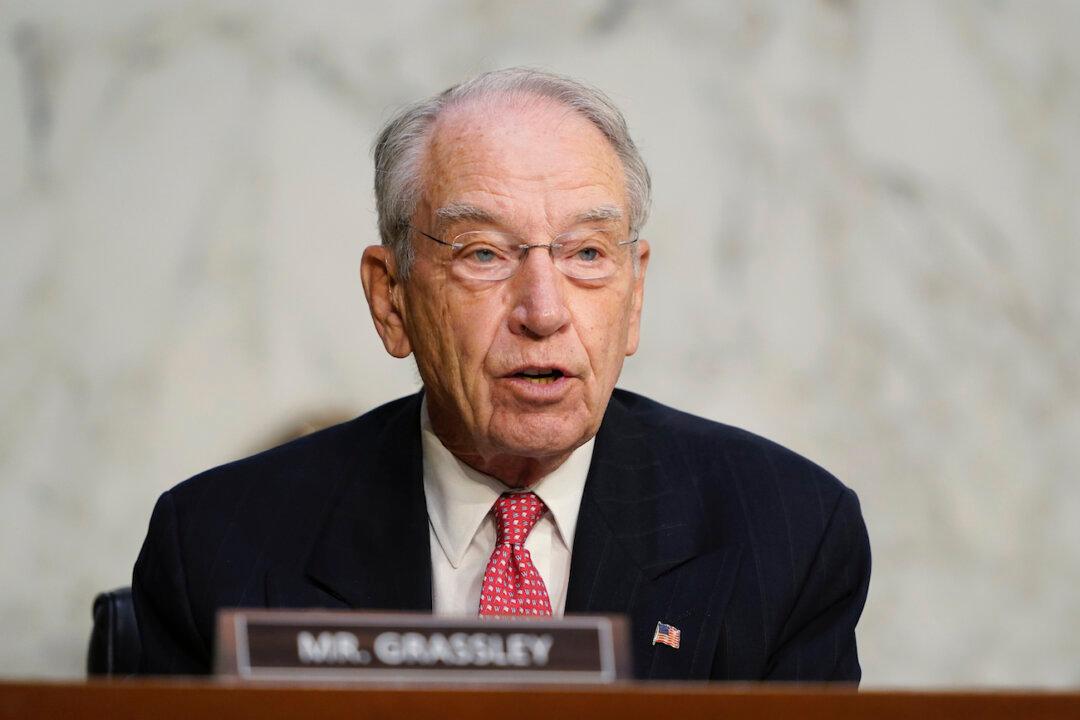Commentary
The media uproar over the murder of Jamal Khashoggi continues. Citing “people familiar with the matter,” The Washington Post has reported that the “CIA has concluded that Saudi Crown Prince Mohammed bin Salman ordered the assassination.” A spokesman for the CIA declined to comment in response to the Post’s inquiries.
